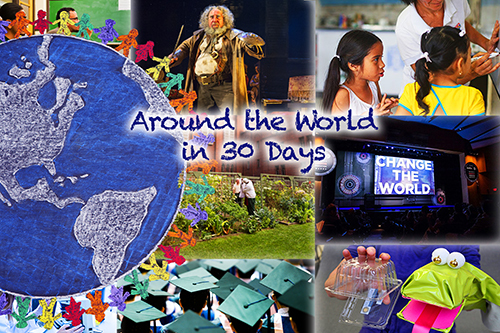
No mundo do lucro acima de tudo da digitalização e automação, a ética e a natureza do profissionalismo parecem estar em questão e sob ataque de todos os lados. Os novos robôs no bloco fornecerão a mesma experiência e múltiplas inteligências que esperamos dos especialistas humanos? What can be done to preserve and strengthen the quality of our professions and what does this mean for learning that remains relevant? Nossa three part series com Dr. Howard Gardner, inspired by his popular new blog, The Professional Ethicist, was a big hit with all our readers.
Every day should be Earth Day, says Harriet Taub, Executive Director for Materiais para as Artes (which has become one of the largest reuse centers in the U.S.). Starting its education program is what Harriet is most proud of. It all began by teaching ‘hat making’ and ‘no sew’ costume making workshops, and then, along with her Materials for the Arts colleague, Joy Suarez, they began to offer week-long workshops for educators through the New York City Department of Education’s Office of Professional Development. We asked the MFTA experts to come up with really innovative things anyone can do to protect our earth.
As Professor Clay Christensen (whose ground-breaking theory of disruptive innovation inspired the annual Tribeca Disruptive Innovation Awards) diz, “Technology alone cannot solve the world’s most intractable problems. We must crawl up inside and shine a light on what makes people tick.” He’s referring to the amazing talent the Awards honor every year. I’ve had the pleasure of interviewing many of the honorees, and the competencies they believe are key to success include imagination, areia, empatia, resiliência, problem solving skills, risk tolerance, intense work ethic and courage. “If you’re not passionate, challenged and curious, you’re probably on the wrong path,” 2015 Honoree Alyse Nelson told me. Certainly every disruptive innovator I’ve met believes any obstacle is surmountable and each problem (once you fully understand it) has a solution if you have the nerve to be creative enough.
Isto é 400 years since the death of William Shakespeare. Sir Ian McKellen who supports the The Hip Hop Shakespeare Company (founded by MOBO winner Akala) Comentários, “Shakespeare is taught in a lot of schools but it’s not necessarily taught by people who’ve got the means of communication and see the relevance and are able to say Shakespeare wrote hundreds of years ago but he is absolutely alive; he is the world’s greatest playwright and he still goes on being relevant….” All the world’s a stage this year as Shakespeare fans everywhere have the opportunity to explore once again the profound importance of the most famous and the most performed playwright of all time. I caught up with Brooklyn Academy of Music’s (BAM) Executive Producer Joseph Melillo to find out what he’d most like to ask the Bard if only he could.
Mais do que nunca, all classrooms are part of a global community. As inovações de mídia social fazendo essa conectividade mais fácil a cada dia que passa também estão sendo usados para melhorar a aprendizagem. Nosso professor Bloggers global são pioneiros e inovadores em áreas como integração de tecnologia, matemática treinador, educação especial, ensino de ciências, e equidade de género. This month we asked them to share their answers to this question: Quais são os melhores exemplos que você já viu de professores usando a mídia social para melhorar a aprendizagem? Elisa Guerra from Mexico sums things up brilliantly – “Seus alunos já são capturados em mídia social – assim como você competir por sua atenção? Você não fazer – apenas encontrá-los lá!” And so from blogging to fundraising to virtual concerts to edchats to creating book clubs to real world media experiences, our top global teacher bloggers shared a wealth of fantastic suggestions and case studies for using Twitter, Skype, Facebook, Learning Platforms, Live Streaming, Google + e mais.
Jesse Woolley-Wilson, CEO da DreamBox Learning, tells me their dream is to “provide every child with the ability to reach their full potential by ensuring they have access to the best learning opportunities.” They dare to “delight and surprise learners by delivering a blended, personalized experience that gives students access to the content they are ready for when they need it, and ensuring that progression is based on mastery, not memorization.” And they do “intend to keep growing, improving, and being adaptive. There is no more important endeavor than to support great teaching and learning.” I would agree with Jessie that “our collective futures depend on it!”
Our thanks to all our friends and supporters around the world.
(Todas as imagens são cortesia de CMRubinWorld)
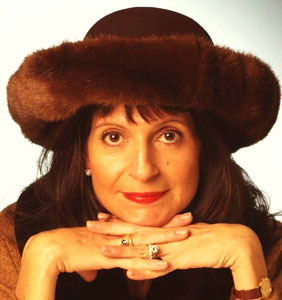
Junte-se a mim e líderes de renome mundial, incluindo Sir Michael Barber (Reino Unido), Dr. Michael Bloco (EUA), Dr. Leon Botstein (EUA), Professor Clay Christensen (EUA), Dr. Linda, Darling-Hammond (EUA), Dr. MadhavChavan (Índia), Professor Michael Fullan (Canadá), Professor Howard Gardner (EUA), Professor Andy Hargreaves (EUA), Professor Yvonne Hellman (Holanda), Professor Kristin Helstad (Noruega), Jean Hendrickson (EUA), Professor Rose Hipkins (Nova Zelândia), Professor Cornelia Hoogland (Canadá), Honrosa Jeff Johnson (Canadá), Senhora. Chantal Kaufmann (Bélgica), Dr. EijaKauppinen (Finlândia), Secretário TapioKosunen Estado (Finlândia), Professor Dominique Lafontaine (Bélgica), Professor Hugh Lauder (Reino Unido), Senhor Ken Macdonald (Reino Unido), Professor Geoff Mestres (Austrália), Professor Barry McGaw (Austrália), Shiv Nadar (Índia), Professor R. Natarajan (Índia), Dr. PAK NG (Cingapura), Dr. Denise Papa (US), Sridhar Rajagopalan (Índia), Dr. Diane Ravitch (EUA), Richard Wilson Riley (EUA), Sir Ken Robinson (Reino Unido), Professor Pasi Sahlberg (Finlândia), Professor Manabu Sato (Japão), Andreas Schleicher (PISA, OCDE), Dr. Anthony Seldon (Reino Unido), Dr. David Shaffer (EUA), Dr. Kirsten Immersive Are (Noruega), Chanceler Stephen Spahn (EUA), Yves Theze (LyceeFrancais EUA), Professor Charles Ungerleider (Canadá), Professor Tony Wagner (EUA), Sir David Watson (Reino Unido), Professor Dylan Wiliam (Reino Unido), Dr. Mark Wormald (Reino Unido), Professor Theo Wubbels (Holanda), Professor Michael Young (Reino Unido), e Professor Minxuan Zhang (China) como eles exploram as grandes questões da educação imagem que todas as nações enfrentam hoje.
A Pesquisa Global para Educação Comunitária Página
C. M. Rubin é o autor de duas séries on-line lido pelo qual ela recebeu uma 2011 Upton Sinclair prêmio, “A Pesquisa Global para a Educação” e “Como vamos Leia?” Ela também é autora de três livros mais vendidos, Incluindo The Real Alice no País das Maravilhas, é o editor de CMRubinWorld, e é um Disruptor Fundação Fellow.
Siga C. M. Rubin no Twitter: www.twitter.com/@cmrubinworld

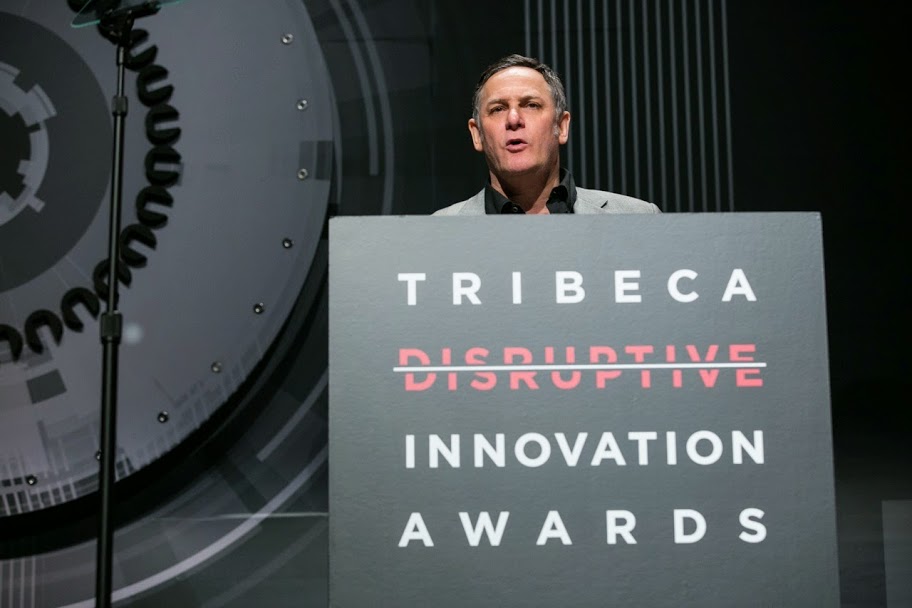
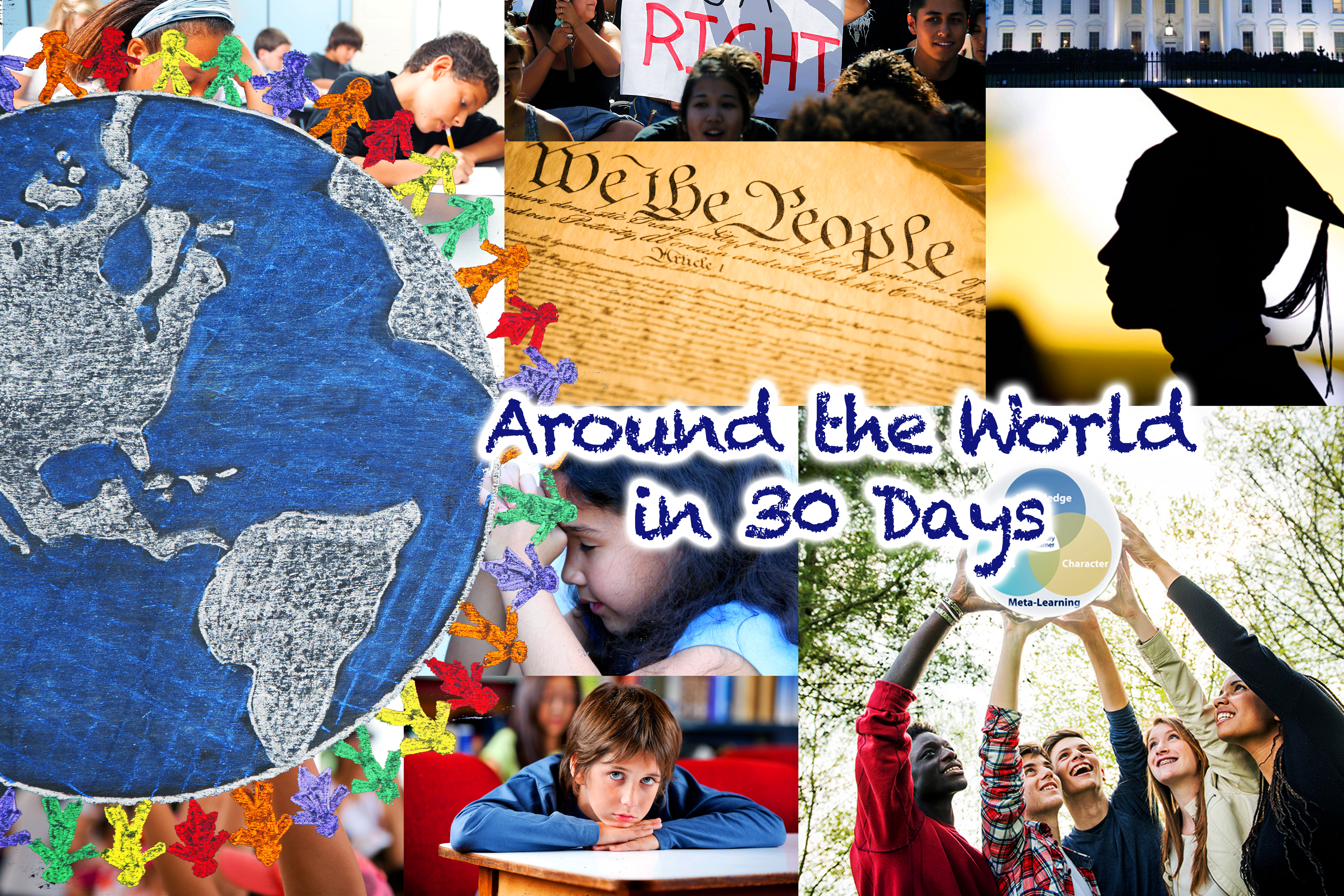
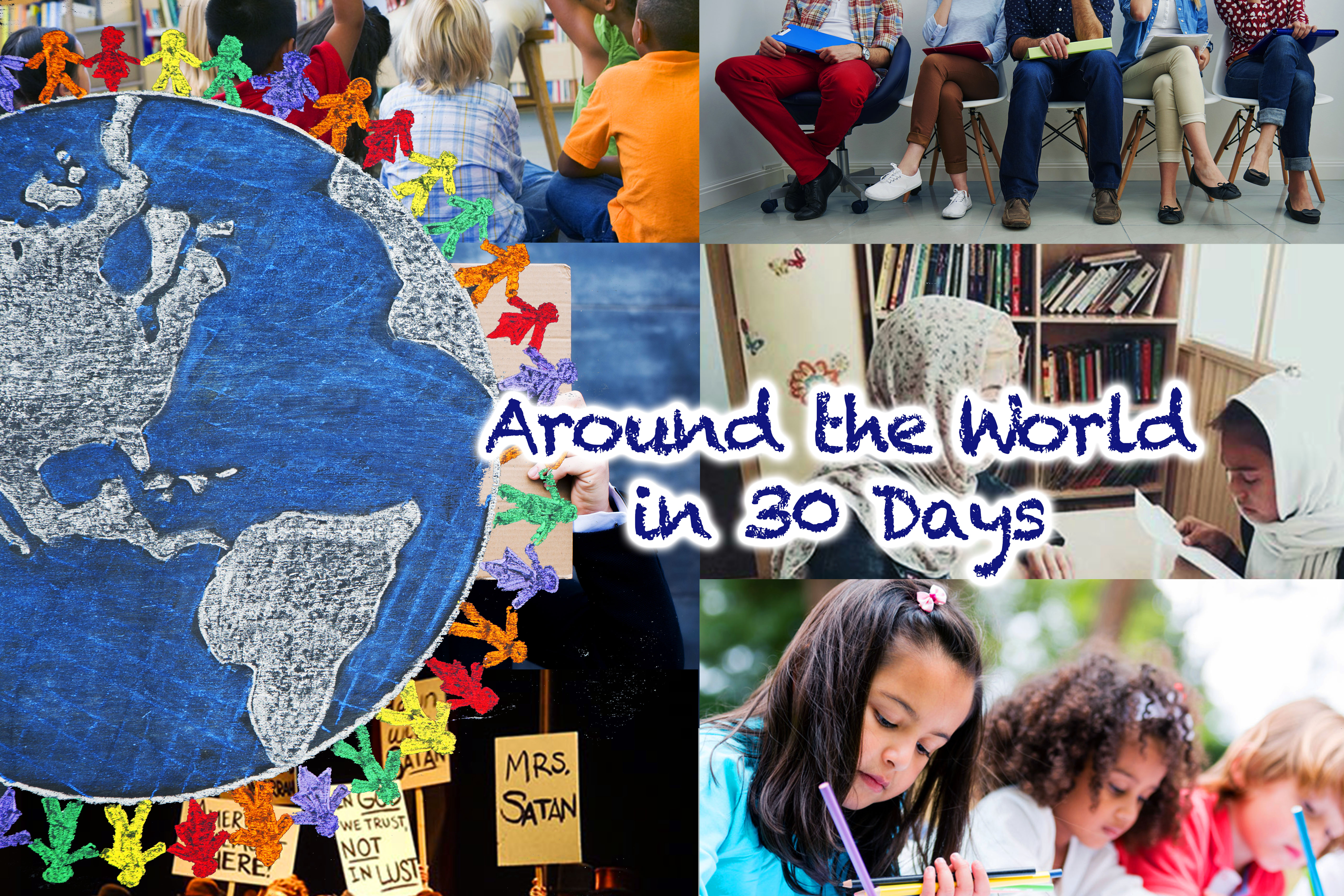

Comentários Recentes